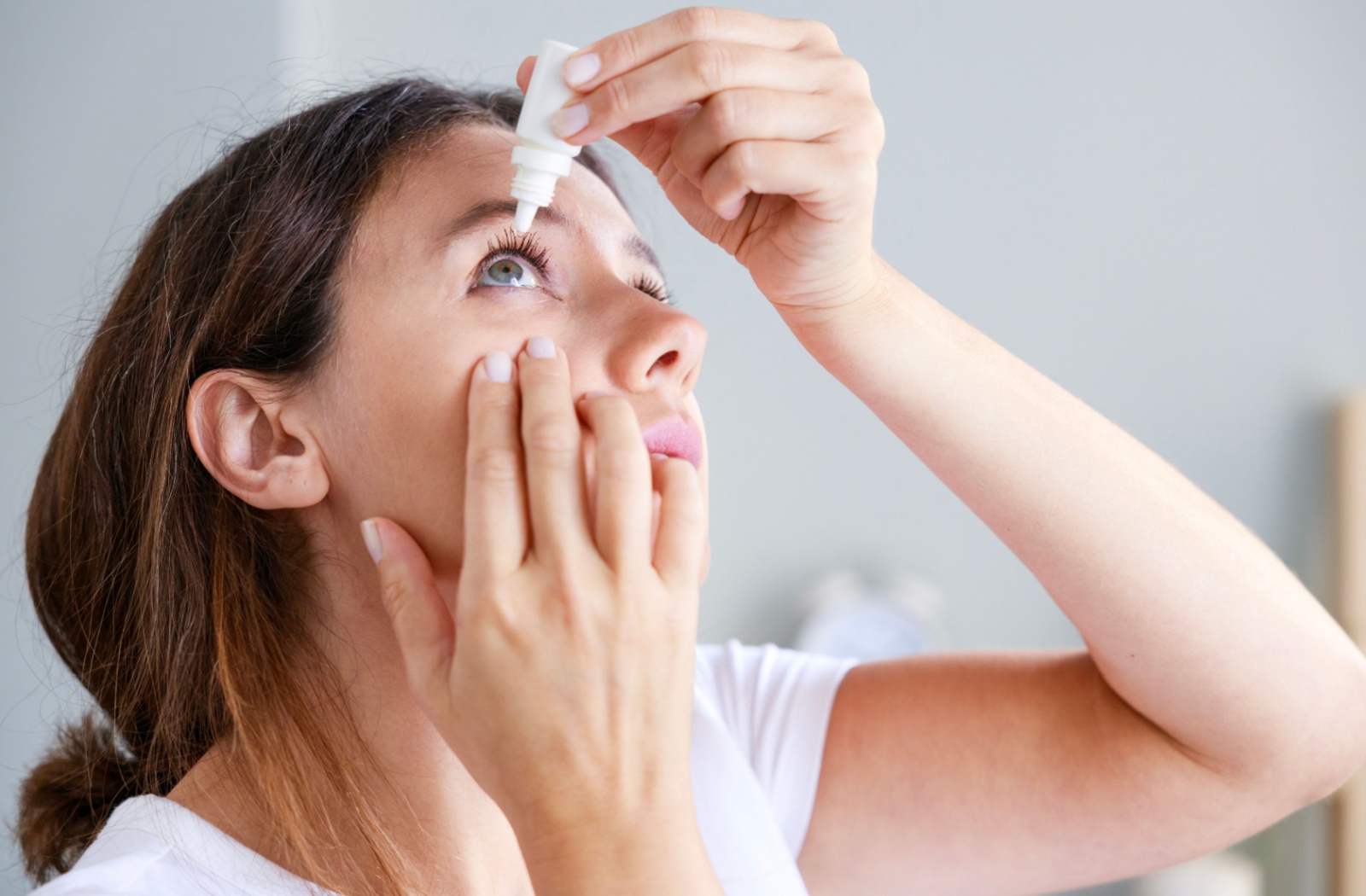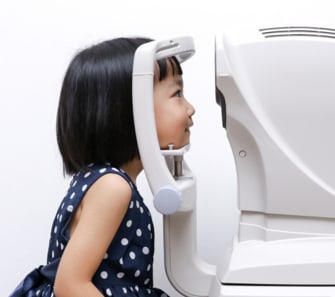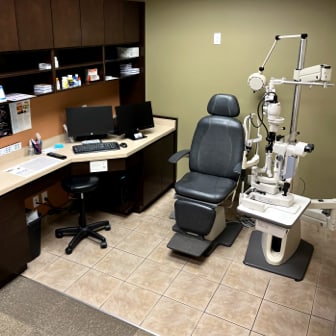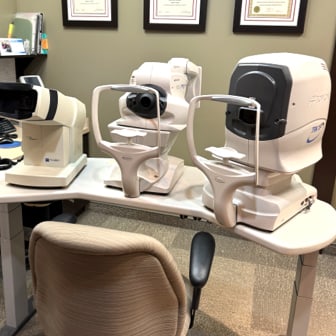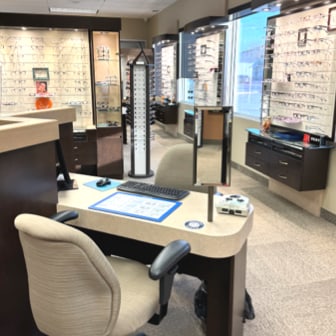When the temperature drops, many people notice their eyes watering more than usual. You might find that your eyes become excessively moist when stepping outside on a chilly day, or even when going back indoors, where dry air from heating systems can cause irritation.
While this might seem annoying, watery eyes in cold weather are a common issue and shouldn’t require emergency eye care. Understanding that watery eyes can be caused by allergens, indoor heating, or even dry eye disease can help you manage it better.
At Lakeland Family Eyecare, we want to help you feel comfortable with your eye health all year round. In this blog, we’ll explain the potential reasons behind watery eyes in cold weather and offer some practical tips to make the experience a little more manageable.
Why Your Eyes Are Irritated By the Weather
Cold, dry air is often the main reason your eyes start to water once it gets cold. When you step outside in the winter, the air tends to be drier than in warmer months. This dry air can quickly dehydrate the surface of your eyes, leaving them feeling irritated. To protect your eyes, your body responds by producing more tears, which is why you may notice excessive watering.
Wind can also play a role in drying out your eyes. Cold winds strip moisture away from the surface of your eyes, triggering your tear glands to produce more fluid to compensate for the dryness. This is a natural defence mechanism to prevent your eyes from becoming too dry or uncomfortable.
Other Factors That Contribute to Watery Eyes
While cold weather is often the main culprit, several other factors can contribute to watery eyes during winter months.
Indoor Heating
Many of us rely on heating systems to stay warm during the winter, but these systems can dry out the air in your home. A lack of moisture in the air can cause your eyes to become dry and irritated. In response, your body may produce more tears to help lubricate your eyes. Using a humidifier in your home can help add moisture back into the air, reducing the risk of dryness.
Allergies
Winter allergies are common, even though people typically associate them with spring and summer. The closed windows and increased time spent indoors during colder months can cause a build-up of allergens like dust, pet dander, and mold. These allergens can irritate your eyes, causing redness, itching, and increased tearing. If you have seasonal allergies, treating them can help reduce eye irritation.
Contact Lenses & Eyewear
If you wear glasses or contact lenses, cold weather can be especially tough on your eyes. Glasses can fog up when moving between warm and cold environments, which can lead to irritation. Contacts, on the other hand, can dry out more quickly in the cold, causing discomfort and watery eyes as your body tries to compensate.
Dry Eye Disease
If you already have dry eyes, winter weather can aggravate the condition. Dry eye disease occurs when the eyes don’t produce enough tears or the right quality of tears. In cold, dry weather, this deficiency in tears can result in more pronounced dryness.
How to Manage Watery Eyes
If you’re dealing with watery eyes during the colder months, there are a few simple things you can do to make it more comfortable:
Use Lubricating Eye Drops
If your eyes are feeling dry or irritated, lubricating eye drops can help restore moisture and reduce excessive tearing. Choose preservative-free eye drops if you wear contact lenses, as they’re less likely to cause irritation.
Wear Protective Eyewear
On windy or cold days, wearing sunglasses or protective goggles can help shield your eyes from the harsh elements. This can help prevent the wind and cold air from drying out your eyes, reducing the chances of excessive watering.
Humidify Your Home
Since indoor heating can dry out the air, using a humidifier in your home can help maintain moisture levels in the air. This can reduce the dryness that leads to eye irritation, helping your eyes stay comfortable. Make sure to clean your humidifier regularly to avoid bacteria or mould build-up.
Stay Hydrated
Hydration is important for overall eye health. During the winter, we often drink less water, but staying hydrated can help maintain moisture in your eyes. Try to drink plenty of water throughout the day, especially when the air is dry or you’re indoors for long periods.
Take Regular Breaks From Screens
If you spend a lot of time looking at screens during the winter, the dry air from heating systems can make your eyes feel more tired and irritated. Follow the “20-20-20” rule: every 20 minutes, take a 20-second break and look at something 20 feet away. This gives your eyes a chance to relax and refocus, reducing strain.
Consult With An Eye Care Professional
If you’re experiencing persistent or severe symptoms, it’s always a good idea to consult with one of our optometrists. At Lakeland Family Eyecare, we can assess your eye health and recommend a treatment plan that works for you. Whether it’s managing dry eye disease, addressing allergies, or helping you find the right eyewear, we’re here to help.
Take Control Of Your Watery Eyes
Watery eyes in cold weather are a common issue, but they can usually be managed with a few simple steps. Whether it’s the dry air, wind, or other environmental factors, solutions are available!
Don’t hesitate to reach out to our team at Lakeland Family Eyecare for advice and support. We’re here to help you keep your eyes healthy and comfortable—no matter the season.

